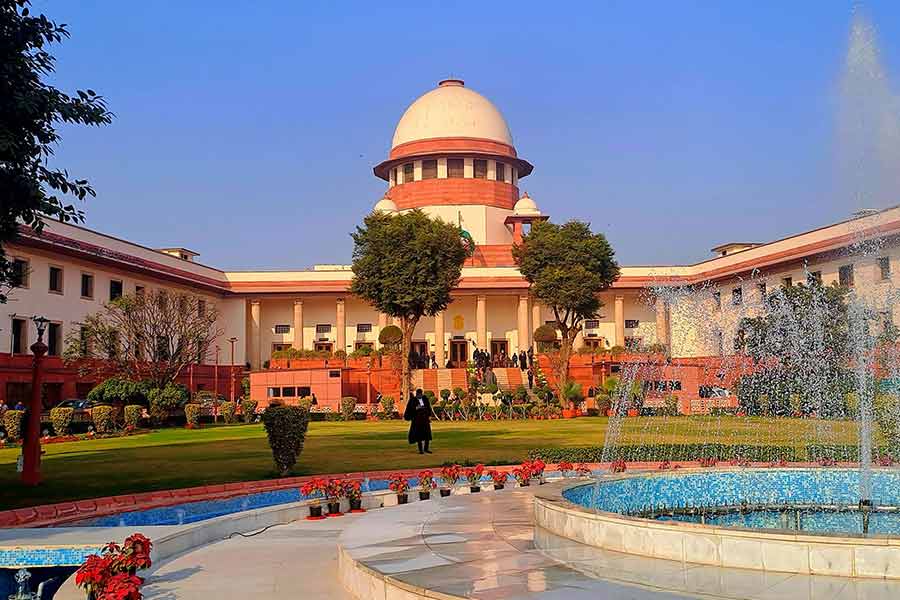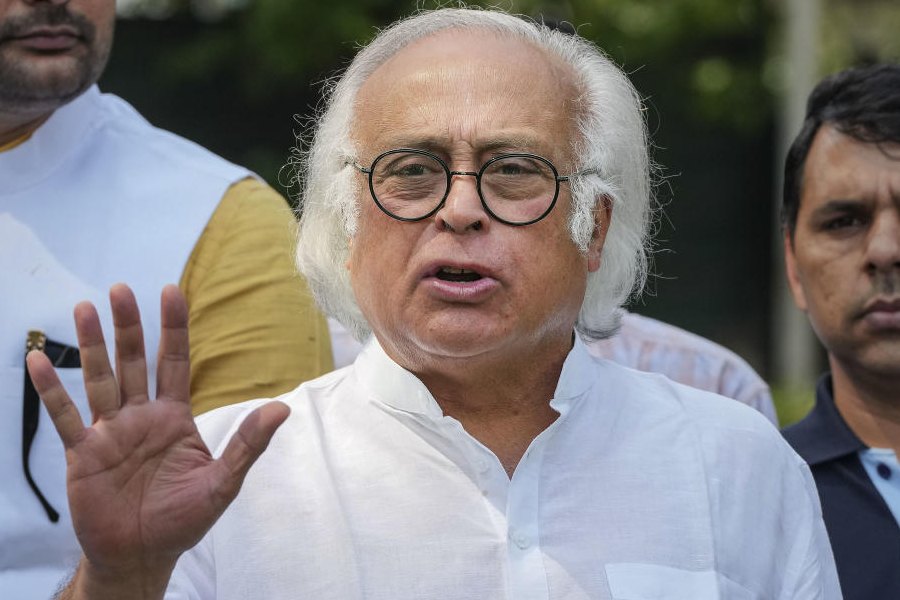The Supreme Court on Thursday dismissed a plea seeking a direction to mandate medical professionals to specify to patients all kinds of possible risks and side effects associated with a drug being prescribed.
The apex court was hearing a plea challenging the Delhi High Court's May 15 order which had rejected the petition.
"It is not practical," said a bench of Justices B R Gavai and K V Viswanathan.
Advocate Prashant Bhushan, appearing for petitioner Jacob Vadakkanchery, said the plea raises an important issue as to whether the doctors should be obliged to inform their patients about the possible side effects of medicines they are prescribing.
The bench observed a general practitioner may not be able to cater to more than 10 to 15 patients if this is followed and then there may be cases under the Consumer Protection Act.
"It will help in avoiding consumer protection cases of medical negligence," said Bhushan, adding it will be easy for the doctors to have a printed proforma about the possible side effects of the drugs being prescribed.
The bench observed a doctor may be prescribing different medicines to different patients.
Bhushan contended that the World Health Organization (WHO) has said about harm to patients due to incorrect medicines being prescribed.
The bench observed that doctors are unhappy with the apex court verdict which brought the medical profession within the ambit of the Consumer Protection Act.
"Sorry," the bench said while dismissing the plea.
The plea in the high court had sought directions to the Centre and the National Medical Commission to mandate all medical professionals practising in the country to specify to a patient (in the form of an additional slip in the regional language) along with the prescription, all kinds of possible risks and side effects associated with a drug or a pharmaceutical product being prescribed.
The petitioner had stated that patients have a right to make an informed choice and it should be mandatory for the doctors prescribing the drugs to explain the side effects attached to consuming such medicines to the patient.
The petitioner had told the high court that upon being made aware of the side effect of the drug being prescribed by the doctor, the patient will be able to make an informed choice whether to consume it or not.
"The petitioner does not dispute with respect to the sufficiency of the information supplied by the manufacturer through the insert provided with the drug at the time of sale by the registered pharmacist," the high court had noted.
"Since the legislature in its wisdom has elected to impose this duty on the manufacturer and the pharmacist, we do not find any ground for issuing a direction as prayed for in this PIL as it would amount to judicial legislation," the high court had said.
Dismissing the plea, it had said since it was admitted in the public interest litigation (PIL) that there was no vacuum, the directions prayed for cannot be issued.
Except for the headline, this story has not been edited by The Telegraph Online staff and has been published from a syndicated feed.











